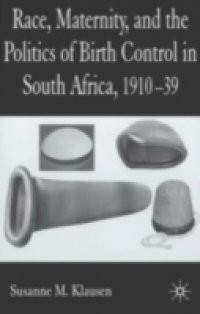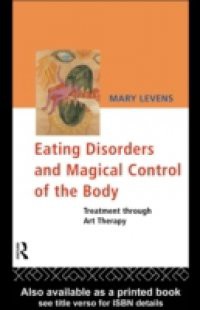In the years after Union in 1910, Churches, doctors and politicians condemned birth control as a cause of 'immorality' and a threat to 'white civilization' in South Africa. By 1938, the government was subsidizing the national birth-control movement. Why the shift in the dominant perception of birth control from a tainted moral issue to a matter of public health policy? This book traces changes in elites' attitude to fertility control, the emergence of the birth-control movement, and the establishment of contraceptive services in South Africa from 1910 to 1939. Spurred by fears of national decline, anxiety over the future of white supremacy, concerns about the health of mothers, and international developments, activists opened clinics in urban centres across the country. This book analyzes the two wings of the birth-control movement, eugenics and maternal feminism, the encounters between women and service providers in the country's largest birth-control clinics, and the government's adoption of contraceptive services as a necessary public health measure.



















